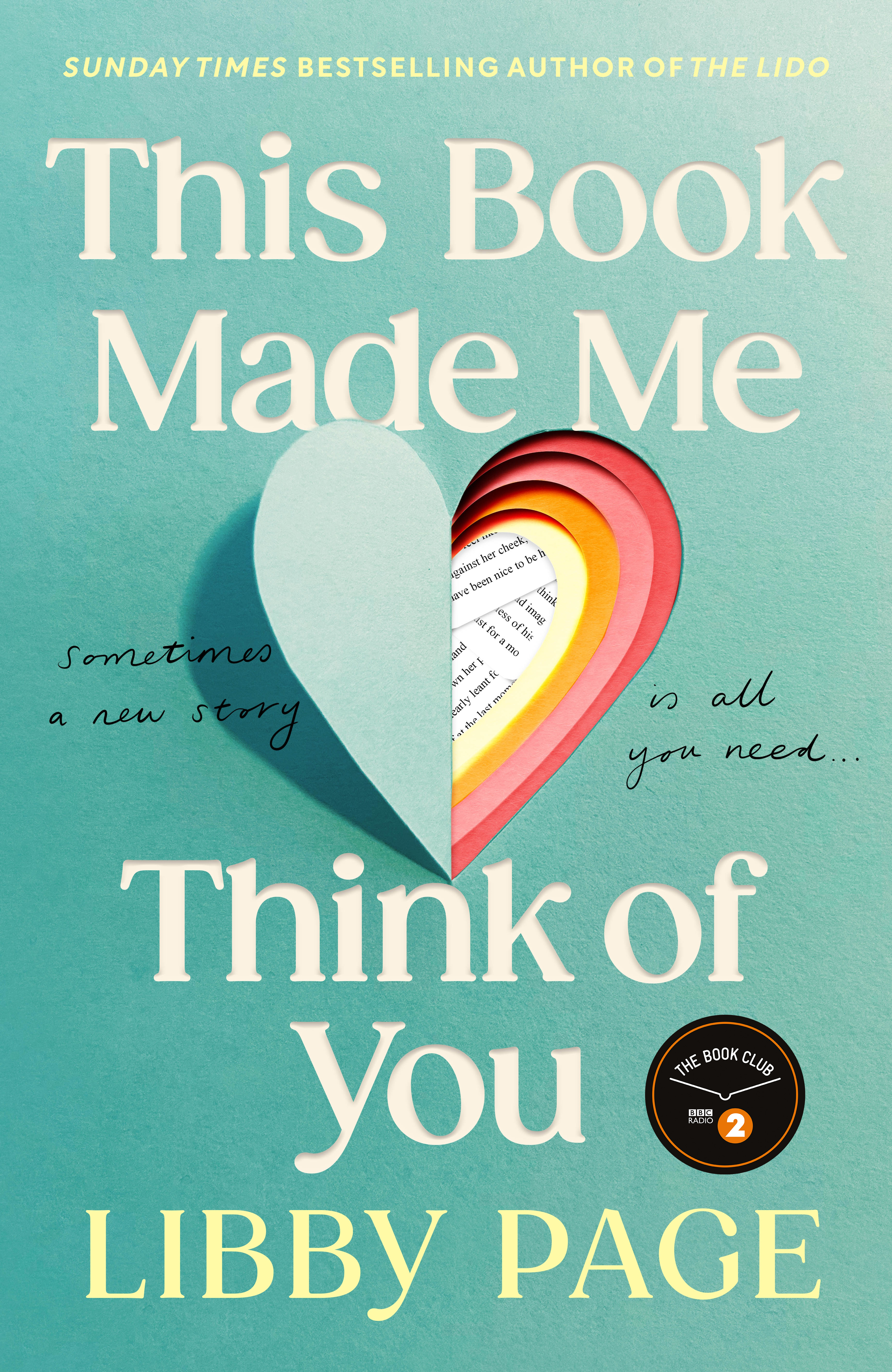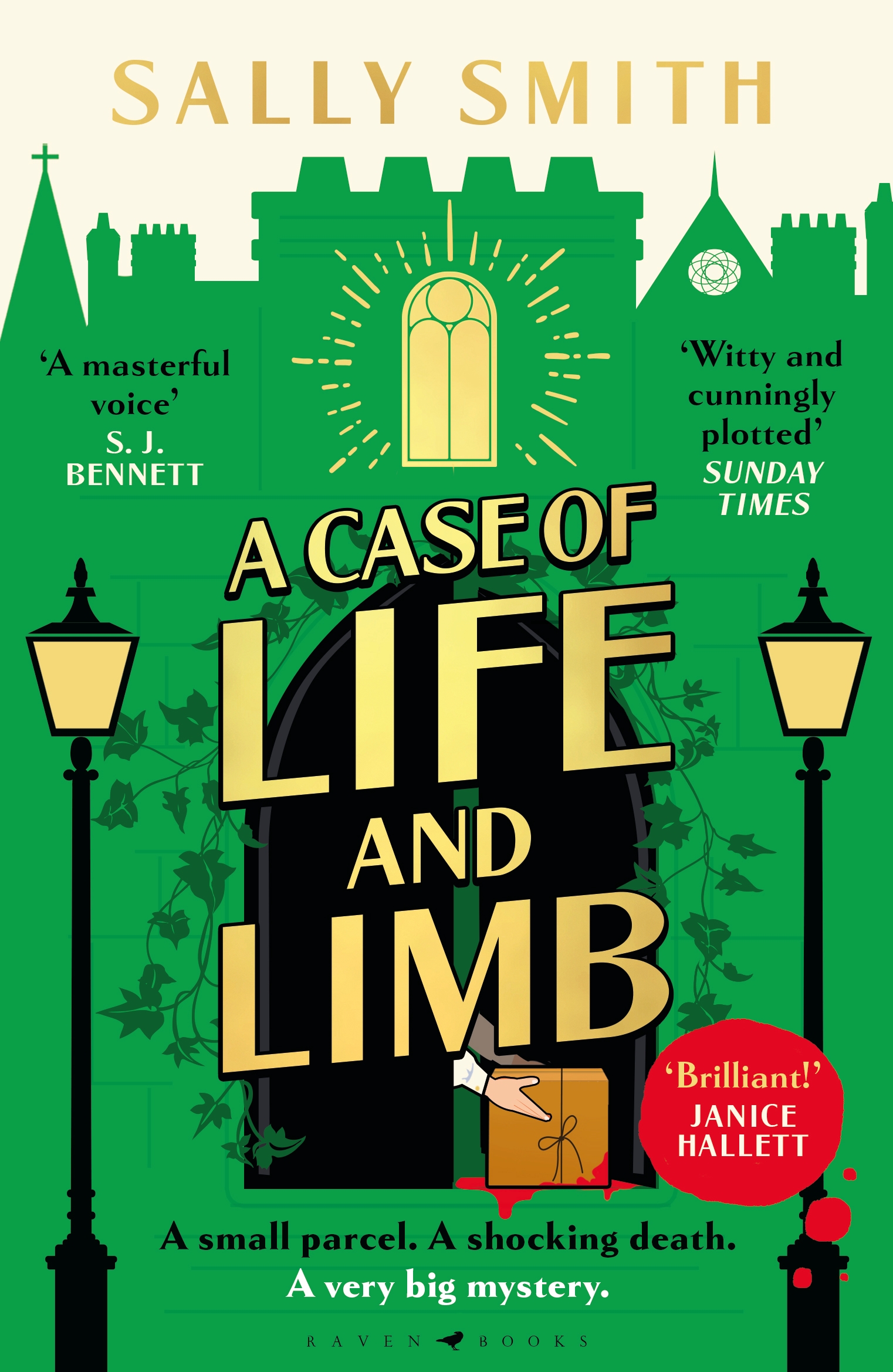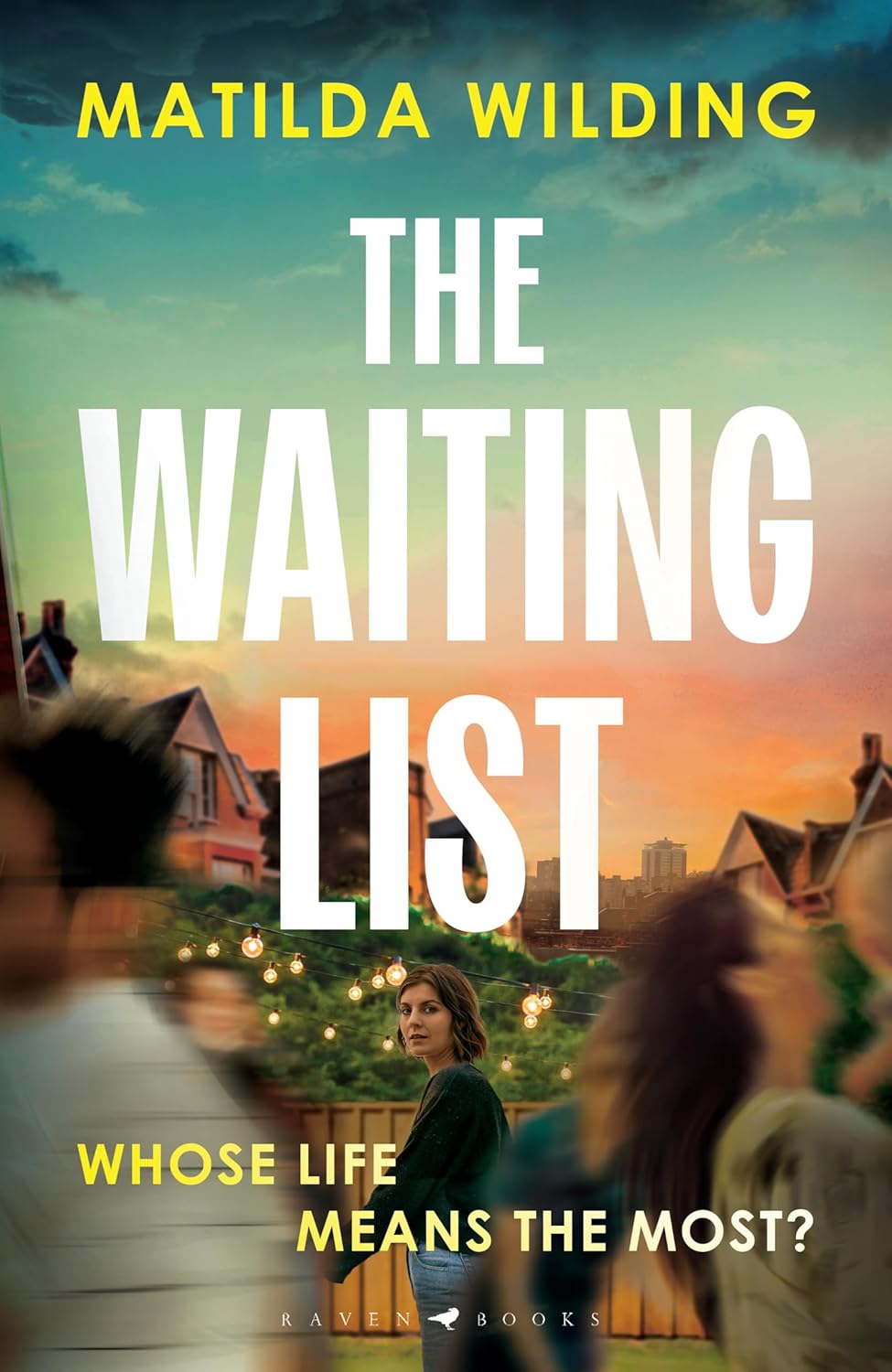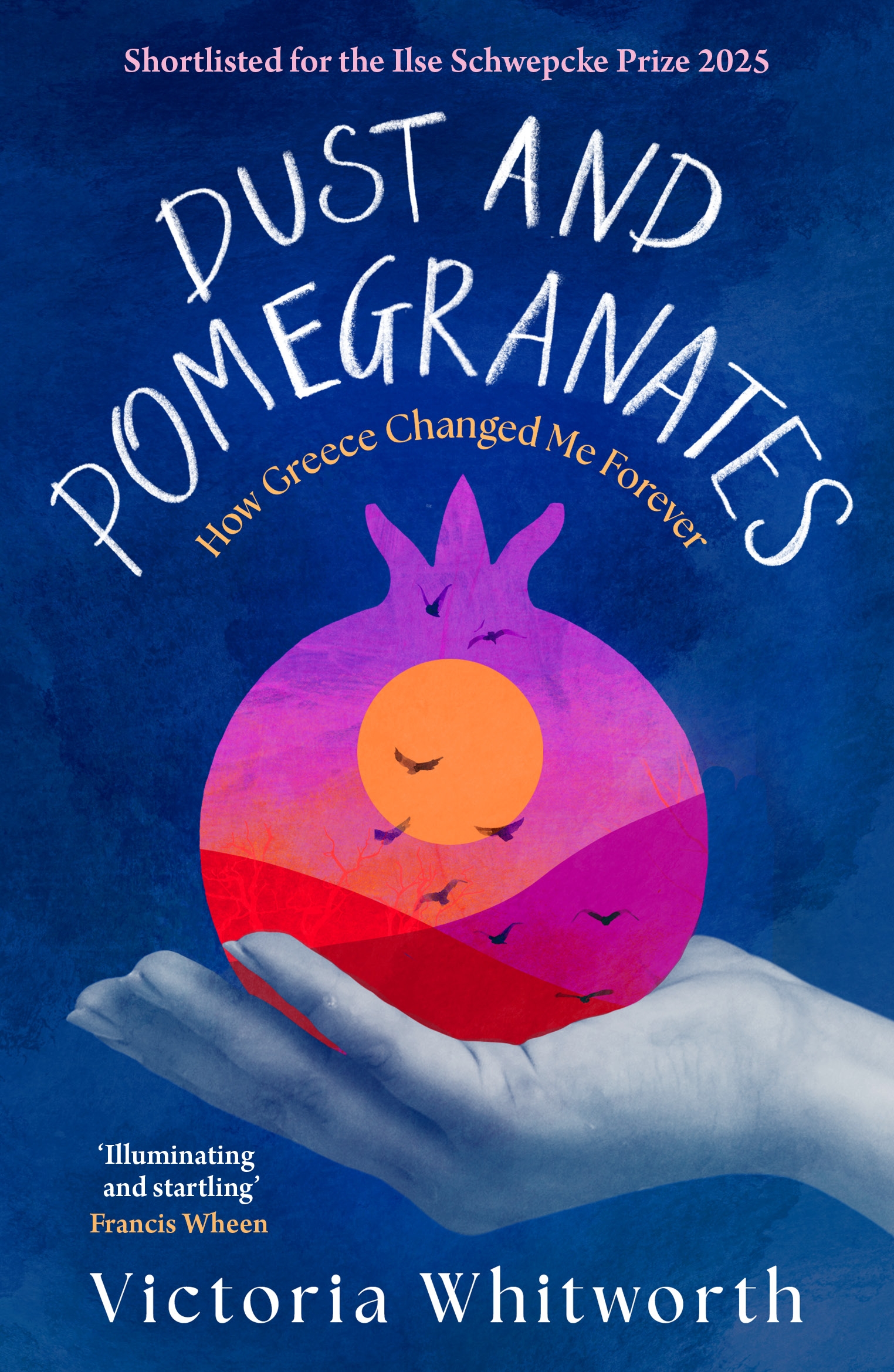The Aunt Who Wouldn't Die
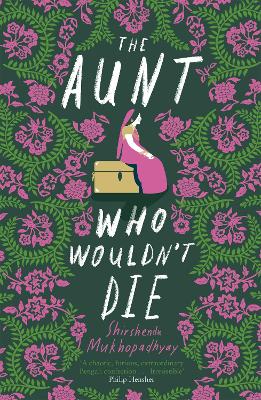
As seen:
By Shirshendu Mukhopadhyay
avg rating
5 reviews
At eighteen, Somlata married into the Mitras: a once noble Bengali household whose descendants have taken to pawning off the family gold to keep up appearances.
When Pishima, the embittered matriarch, dies, Somlata is the first to discover her aunt-in-law’s body – and her sharp-tongued ghost.
First demanding that Somlata hide her gold from the family’s prying hands, Pishima’s ghost continues to wreak havoc on the Mitras. Secrets spilt, cooking spoilt, Somlata finds herself at the centre of the chaos. And as the family teeter on the brink of bankruptcy, it looks like it’s up to her to fix it.
The Aunt Who Wouldn’t Die is a frenetic, funny and fresh novel about three generations of Mitra women, a jewellery box, and the rickety family they hold together.
TweetReviews
This was quirky but interesting story from a culture totally different than my own. It read almost as a children's moral tale to me.
The Mitra family is an old and prestigious family in a stereotypical Bengali environment with multiple branches of the family sharing a multi-storied large home. The men are unused to working but are very used to spending money in their egocentric lifestyle. The women are the apparent brains and income makers in the family. Selling the jewelry they own is what keeps the food on the table.
Somlata, an eighteen year-old girl from a more working class family, marries into this once noble family and endures the mistrust and derision of the other members of the family. She is drawn into a secret pact with the embittered family matriarch who then dies. Her ghost then proceeds to haunt Somlata and the household in general. With the family on the brink of bankruptcy and the Aunt who wouldn't die causing general chaos it is up to this "different" girl to save it all.
If you read this book with a more Indian attitude you will find it an interesting and entertaining story of cultural rebellion and shift.
More of a social commentary than a traditional story, I fairly galloped through this short book. I did get a bit confused over the identity of one of the characters partway through the story, and was paging backwards and forwards to see what I had missed (to no avail). However, all became clear towards the end. An entertaining and quirky read.
lyrical prose scantly captures three very different women in a Bengali family struggling to navigate the social conventions expected of them: a young woman trying to avoid marriage; a shrewd new bride who learns to "manage" her new husband and the famous and bitter ghost of an elderly aunt. A quick read containing massive riches (and some hidden treasure!)
This book has the slightly tipsy, un-tethered feeling that you get travelling deep inside another country - they do things differently there. It's a bit hectic but you come out to the end with more understanding of Bengal and realisation that we have more in common than we think.
Found the "plot" confusing. Tale didn't flow from chapter to chapter. Use of Indian words distracting. Not sure if they were all translated therefore had to be guessed.
The Aunt who wouldn’t die
Shirshendu Mukhopadhyay
**
Set in a Bengali community, this book tells the story of Somlata who has recently married into a noble family whose finances are dwindling. She is a feisty 18 year-old and when she moves into her husband’s family home, complete with three generations of his family, she is determined to find innovative ways to reverse their fortunes. However, she is terrorised by a widowed aunt who lives upstairs and when the aunt dies, Somlata continues to be hounded by her ghost.
I’m not really sure what to say about this book as I think I missed the point of it. Personally I found it to be a very peculiar book which promised lots, but did not deliver. I am a little mystified as to why it appears to be a Bengali Classic as it seemed more like a children’s book - the writing style was very simplistic, the book was not much longer than a short story and none of the subjects seemed to be addressed in any depth at all. The content however was definitely of the adult variety. Maybe it was just a poor translation, but I just didn’t get it. Prior to reading it I had got the impression that it was going be funny (or at least amusing), but I’m afraid I just thought it was rather silly.
The main benefit of the book was that it was very short but, to be fair, it wasn’t all bad - the way Somlata manipulated the men of the family to get them to actually work for a living was very cleverly engineered. I suppose there were also some insights into Bengali life but they were, at best, cursory.
Unfortunately I don’t think I could bring myself to recommend this book and will be highly unlikely to read any more by this author.
I have mixed feelings about this book. I love the title, but sometimes subtilise get lost in translation and in my opinion, this text has lost something along the way from its original language into English. It’s a very short, easy read and whilst it was charming in its writing style, I didn’t enjoy the story. There was not enough depth to the story about three generations of women. I would have liked more detail to enhance the story line.
